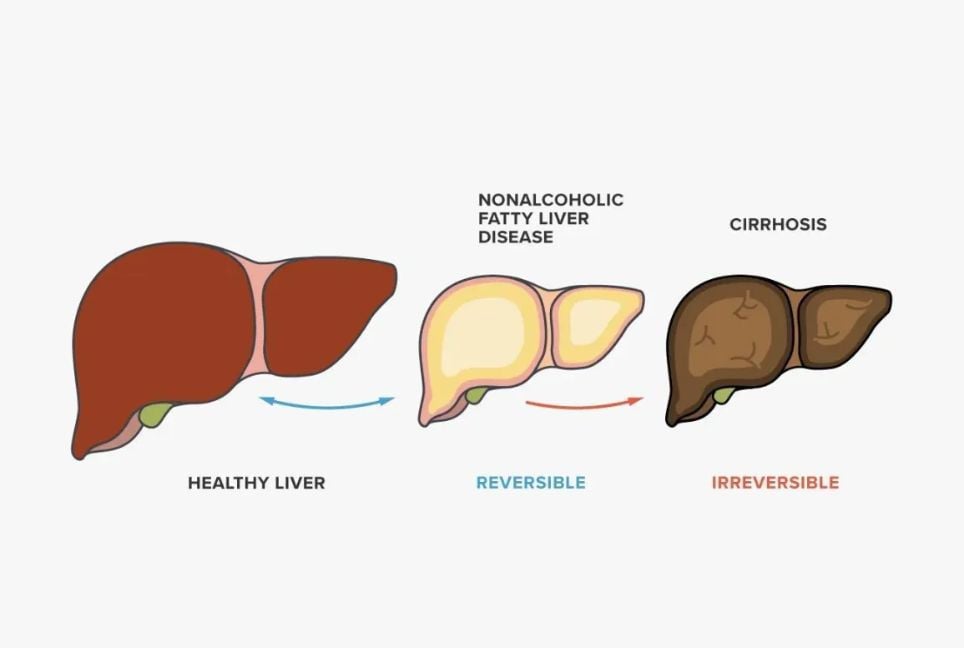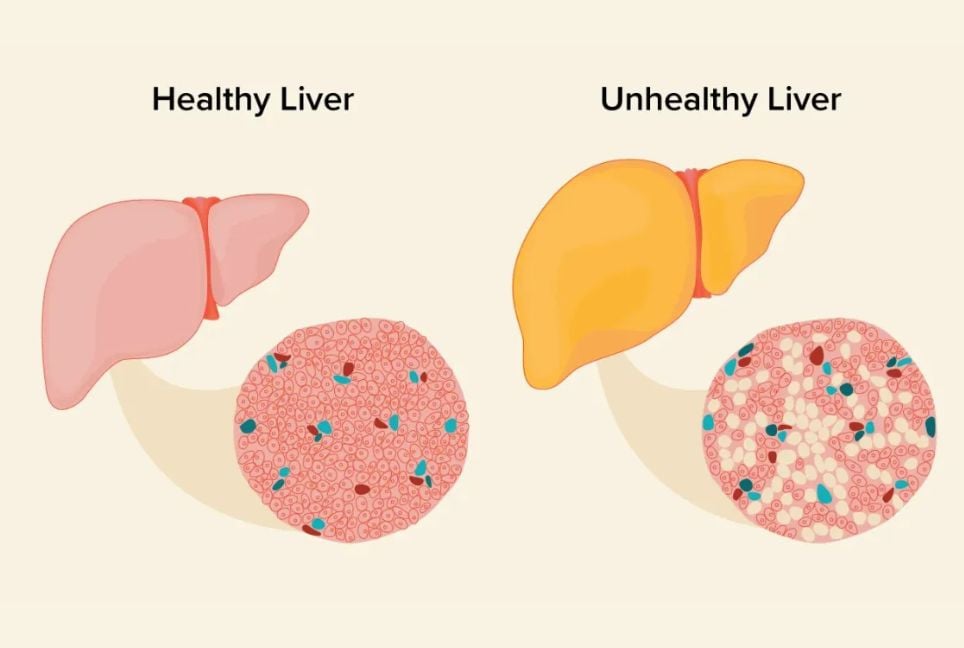Cervical cancer often develops silently, making it essential for women to recognise its early warning signs and seek timely medical attention. Cervical cancer is one of the most common cancers in our country and although the incidence rate of cervical cancer is on the decline, that should not mean we should stop being aware of it.
Symptoms most women ignore
In an interview with Hindustan Times Lifestyle, Dr Shishir N Shetty, senior consultant-surgical oncology at Fortis Hiranandani Hospital in Vashi, India, explained, “One of the most important signs of cervical cancer is bleeding in between periods, even when menstruation is long over, and bleeding after sex.”
He suggested consulting a doctor upon noticing these symptoms.
He asserted, “We advise vaccination for girls below the age of 16 because cervical cancer can be caused by the Human Papilloma Virus (HPV), which is sexually transmitted, and vaccination can prevent transmission. Apart from bleeding, there are typically no other symptoms. However, bleeding is a primary concern, especially in premenopausal women, or the younger population, rather than in the elderly. As age increases, the risk of cervical cancer decreases but does not go away. Thus, any unexpected spotting or bleeding should always be checked by a healthcare professional.”
Bringing his expertise to the same, Dr Ajay Shah, managing director at Neuberg Ajay Shah Laboratory, cautioned, “Abnormal vaginal bleeding, such as bleeding between periods, after intercourse, or post-menopause, is one of the most common early symptoms. Other signs include unusual vaginal discharge that may be watery, bloody, or foul- smelling and pelvic pain or discomfort. Pain during intercourse and persistent lower back, pelvic, or leg pain could also signal advanced cervical issues.”
He concluded, “As cervical cancer progresses, symptoms like difficulty urinating, bowel irregularities, or swelling in the legs may appear. While these signs can be attributed to other conditions, ignoring them can delay critical diagnosis and treatment.”
He further added, “Regular Pap smears and HPV tests are essential for early detection, especially for women at higher risk due to HPV infection or a history of smoking. Recognizing these symptoms early ensures prompt medical care and significantly improves treatment outcomes.”
Source: Hindustan Times
Bd-pratidin English/Fariha Nowshin Chinika




































































